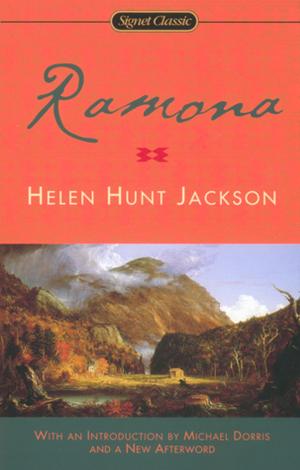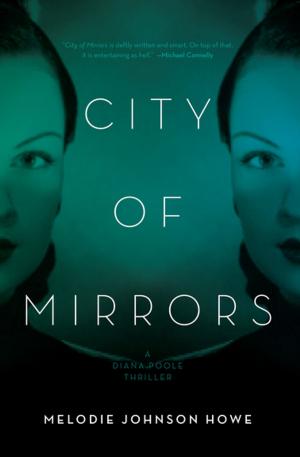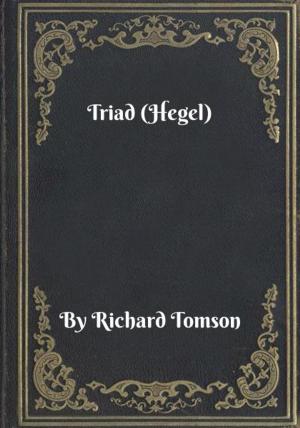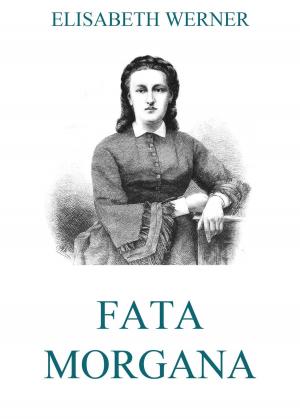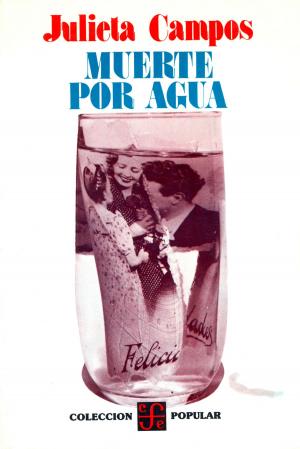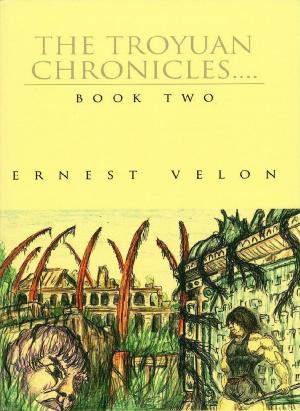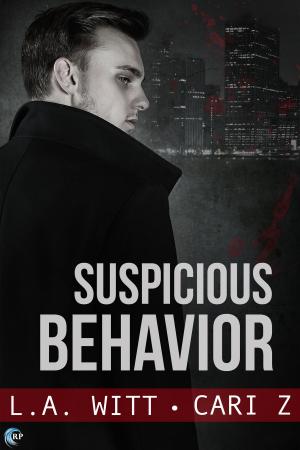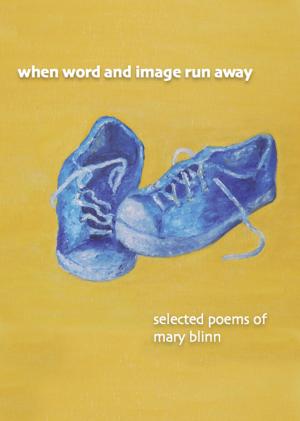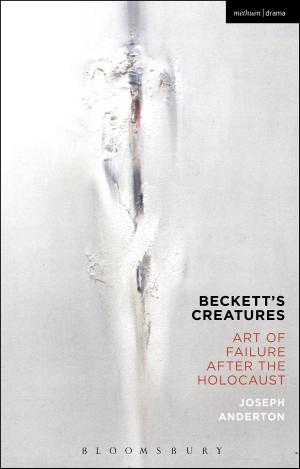| Author: | Thomas G Jewusiak | ISBN: | 9780997096729 |
| Publisher: | Landcaster Press | Publication: | December 7, 2015 |
| Imprint: | Thomas G Jewusiak | Language: | English |
| Author: | Thomas G Jewusiak |
| ISBN: | 9780997096729 |
| Publisher: | Landcaster Press |
| Publication: | December 7, 2015 |
| Imprint: | Thomas G Jewusiak |
| Language: | English |
The incredible true story of the man they called Gatsby, as related by those who knew him personally, reported faithfully by his grandson. Exploring Questions of Reality, Memory, Nostalgia, Identity, Race, Racism, Culture, Morality, the Self-made Man, the American Dream and Death.
A tour de force reimagining of The Great Gatsby. The author has steeped himself in the biographies and writings of Fitzgerald to bring to life a portrait of a thoroughly disgraceful human being, a racist and ignorant vulgarian, who produced a great work of art. The author convicts Fitzgerald, as Fitzgerald convicts himself, with an avalanche of Fitzgerald’s own words. Lovers of The Great Gatsby may not like this unforgiving portrait of a decadent man in a decadent age because they misunderstand the book they love; they love it for the wrong reasons. The Great Gatsby is a dark, cynical book and this is an even darker, though hilarious, recreation.
KIRKUS REVIEWS: “Jewusiak reimagines an American classic by F. Scott Fitzgerald... Nick Carramel is an anti-Semite. Delsey and Jillian deconstruct the metaphors of the story as they introduce them. James Landzman, a former soldier and circus acrobat who performed under the moniker “The Great Gatsby,” is even more inscrutable and laden with symbolism than Fitzgerald’s creation. These bizarro versions of Nick Carraway and company spend the book discussing modernist literature, capitalism, and the American dream … Some segments of the book… are epistolary findings from the files of the characters, included by the narrator in an attempt to reach the (unreachable) truth of Landzman’s true nature. Cloaked in Lemony Snicket–esque layers of metafiction, Jewusiak, the narrator, Landzman, Carramel, Fitzgerald, and Jay Gatsby himself begin to merge into one tangled archetype of American power, deception, authorship, and authority. Jewusiak has an indisputable talent for language, invoking Fitzgerald as he spins his own rambling poetry: ‘The big spenders, the high rollers, the small town boosters chomping down on the big sloppy wet cigars, gathered like a great host from the provinces, the backwaters and boondocks to get plastered on the distilled spirits of exhilaration.’…”
The incredible true story of the man they called Gatsby, as related by those who knew him personally, reported faithfully by his grandson. Exploring Questions of Reality, Memory, Nostalgia, Identity, Race, Racism, Culture, Morality, the Self-made Man, the American Dream and Death.
A tour de force reimagining of The Great Gatsby. The author has steeped himself in the biographies and writings of Fitzgerald to bring to life a portrait of a thoroughly disgraceful human being, a racist and ignorant vulgarian, who produced a great work of art. The author convicts Fitzgerald, as Fitzgerald convicts himself, with an avalanche of Fitzgerald’s own words. Lovers of The Great Gatsby may not like this unforgiving portrait of a decadent man in a decadent age because they misunderstand the book they love; they love it for the wrong reasons. The Great Gatsby is a dark, cynical book and this is an even darker, though hilarious, recreation.
KIRKUS REVIEWS: “Jewusiak reimagines an American classic by F. Scott Fitzgerald... Nick Carramel is an anti-Semite. Delsey and Jillian deconstruct the metaphors of the story as they introduce them. James Landzman, a former soldier and circus acrobat who performed under the moniker “The Great Gatsby,” is even more inscrutable and laden with symbolism than Fitzgerald’s creation. These bizarro versions of Nick Carraway and company spend the book discussing modernist literature, capitalism, and the American dream … Some segments of the book… are epistolary findings from the files of the characters, included by the narrator in an attempt to reach the (unreachable) truth of Landzman’s true nature. Cloaked in Lemony Snicket–esque layers of metafiction, Jewusiak, the narrator, Landzman, Carramel, Fitzgerald, and Jay Gatsby himself begin to merge into one tangled archetype of American power, deception, authorship, and authority. Jewusiak has an indisputable talent for language, invoking Fitzgerald as he spins his own rambling poetry: ‘The big spenders, the high rollers, the small town boosters chomping down on the big sloppy wet cigars, gathered like a great host from the provinces, the backwaters and boondocks to get plastered on the distilled spirits of exhilaration.’…”

